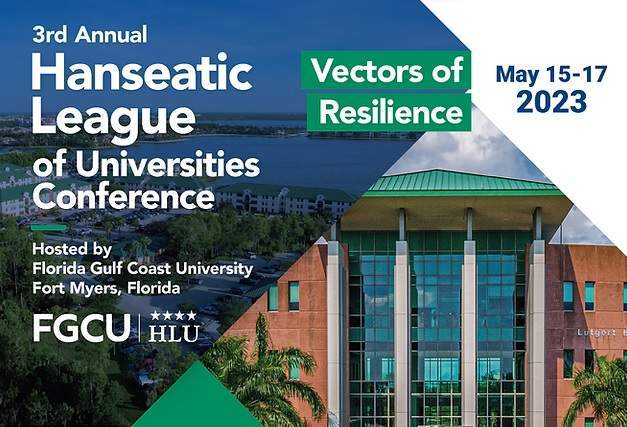

SUM presents Smart Campus at the world conference at Florida Gulf Coast University
SUM presents Smart Campus at the world conference at Florida Gulf Coast University
The Hanseatic League of Universities, which founded the World's Universities with Real Impact (WURI), is organizing The WURI Ranking 2023 Conference within its annual conference, which will be held from 15 to 17 May 2023 at Florida Gulf Coast University in Fort Myers, Florida. The hybrid conference will gather more than 100 representatives from universities worldwide.
This year, the University of Mostar applied to three categories for the first time and received an invitation from the Organizing Committee to present its program/project at the conference: Smart Campus in the Fourth Industrial Revolution category. On behalf of the University of Mostar, the presentation will be held by Tomislav Papac, a member of SUMIT - the Center for Information Technologies of the University of Mostar. The new ranking of universities in the relevant categories will be officially announced at the conference: WURI Ranking 2023. The conference program is available at the link.
The Institute for Policy and Strategy on National Competitiveness (IPSNC) organizes the conference. The partners and principal sponsors of the conference are four world institutions: the Hanseatic League of Universities (HLU), The Institute for Industrial Policy Studies (IPS), the Taylor Institute (TI) of Franklin University Switzerland (FUS) and the United Nations Institute for Training and Research (UNITAR).
World's Universities with Real Impact (WURI) is a world ranking of universities that indicates the real contribution of universities to society and highlights creative and innovative approaches to university research and education in six categories: Industrial Application, Value-Creating startups, Social Responsibility, Ethics and Integrity, Student Mobility and Openness, Crisis Management and the Progress during the Fourth Industrial Revolution.
Large world universities occupy the first places in this ranking with a centuries-old tradition, such as the Massachusetts Institute of Technology, Stanford University, Harvard University, University of Oxford, and the University of Cambridge. Still, the WURI ranking has proven its different approach by including lesser-known world universities that recognize efforts and results aimed at innovative solutions to social challenges in their environment.
Unlike traditional rankings that rely on quantitative university data and statistics, the WURI rankings gather information about innovative programs in two different ways. The first is through submitting applications from the universities themselves in the categories to which they apply with their programs, and the second is collecting data using the Text-Information Analysis (TIA) method.
Representatives of the universities that participated in the rankings, university leagues, media related to higher education, and members of the WURI evaluation committee participate in the program evaluation.
WURI is entirely non-profit, so there are no fees or costs associated with this application and evaluation process.